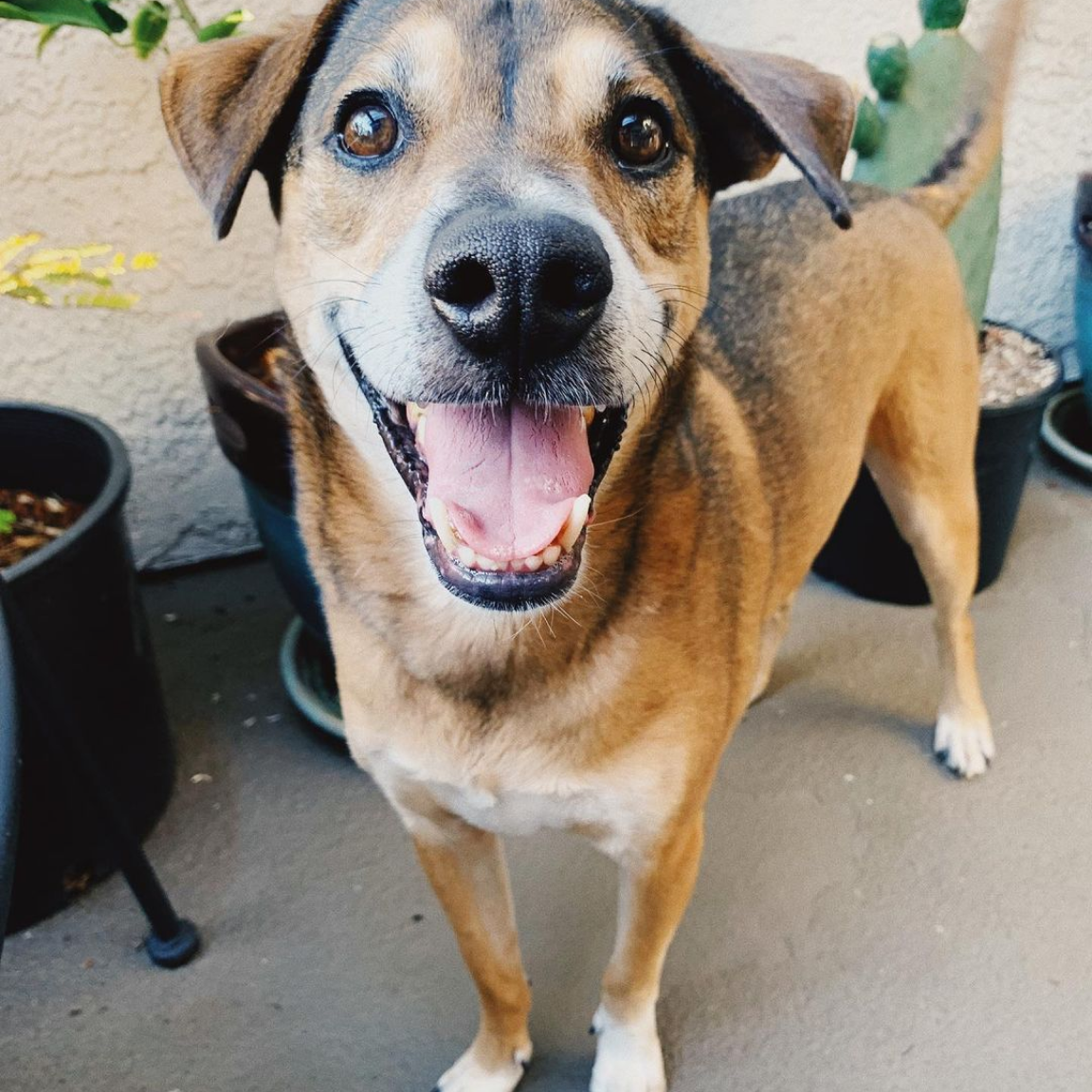
Can Dogs Eat Black Eyed Peas?
Black-eyed peas are a great addition to any meal. They add protein, fiber and taste delicious! But can dogs eat black-eyed peas? The answer is yes. Black-eyed peas are a great way to feed your pet because they contain many different nutrients that dogs need such as protein and fiber. However, black-eyed peas may not be the best thing for your pet if they don't like them or have an allergy to them.
So before you offer black-eyed peas to your dog, check with their vet first!
What Are Black Eyed Peas?
Black-eyed peas are one type of legume - the edible seeds that grow in a pod. Black-eyed peas look like small dark green beans and have an earthy flavor, which can be good or bad depending on what you're cooking them with.
They taste good when you cook them with tomatoes or onions for example.
They can be eaten fresh as well! You might find these at your local grocery store alongside green beans, spinach, carrots, etc., but if not - simply eat them raw by themselves sprinkled with salt & pepper! To enjoy black eyes pea juice: put two tablespoons of dried black eye peas into the water to soak overnight (or boil directly). Drain off some liquid from soaking/boiling so there's about one cup of black eye peas. Add black-eyed beans, water, and a little salt to blender or food processor with some ice cubes & blend until it's desired consistency.
Health Benefits of Feeding Your Dog Black Eyed Peas:
- Black-eyed peas are a good source of fiber, folate, and protein
- Black-eyed peas also contain high levels of calcium which can help prevent bone problems such as arthritis
- Black eye peas may have anti-inflammatory properties that work well for skin allergies or other inflammatory conditions.
- Black-eyed peas are a great source of protein, calcium, and iron
- Black-eyed peas can help with constipation problems in dogs
- The black eye pea is an amazing food for your dog. It's high in protein and dietary fiber to keep them happy and healthy.
- It also contains vitamins A, C, K, and folate that promote good health. The black eye pea has the added benefit of being heart-friendly.
- Black-eyed peas will not only make your dog more regular but provide him or her with a nutritious snack they'll love.
- One serving size (16 oz) cooked black-eyed peas provides about 210 calories; 18 grams of total fat (including saturated fats); 13 milligrams
- Black-eyed peas are a good source of fiber for dogs with sensitive stomachs or allergies
- Black-eyed peas contain antioxidants that help prevent cancer and fight against aging, cholesterol build-up, cardiovascular disease.
Risks of Feeding Your Dog Black Eyed Peas:
- Black-eyed peas may have the potential to make your dog constipated.
- Be cautious about giving black-eyed pea juice to pets who are prone to seizures. Just like humans, it contains caffeine which could trigger one.
- Dogs should not drink black eye pea juice because they do not tolerate high doses of caffeine well at all and even small amounts can lead them to have convulsions.
- It is possible your dogs may not like black-eyed peas.
- If your dog has ever had a bad experience with black-eyed peas, don't feed them to him. Dogs can also vomit or have diarrhea if they're not used to black-eye pea consumption.
- Black eye beans may be too high in fiber for some pet owners and their animals. If this is the case, you should start by giving small quantities of black eyes at first and gradually increase overtime to make sure there are no adverse effects.
- Some people believe that feeding black-eyed peas will result in chronic bowel problems but research shows just the opposite - it helps prevent any bowel disorders from occurring.
- Some black-eyed peas are toxic to dogs
- Some dogs could be allergic to black-eyed peas, so before offering them black eye pea recipes for dinner make sure the dog doesn't have a sensitivity or allergy to it first.
Tips On How To Feed Black Eyed Peas On Your Dog
Dogs can eat black-eyed peas. They are nutritious vegetables that dogs enjoy as part of their diet, but you must be careful about the quantities and frequency in which they are fed to your dog. Here's what you need to know:
- Dogs should not have black-eyed peas every day - only once or twice per week max! Too many black-eyed peas lead to constipation for some dogs, so it is best if they do not consume too much at one time (unless instructed by your vet).
- Black-eyed pea cooking water also has laxative properties and should therefore never be given to your pet on its own. Always cut back on the cooking water before giving black eye beans raw, cooked, or canned to your dog.
- Feed black-eyed peas in moderation (no more than once a week) if you notice your pet has loose stools or seems constipated.
- Black-eyed peas from the can with no added salt or sugar - these have high nutritional value and low calories because they're made of pure black eye beans which do not include any other ingredients that may be harmful to our pets
- Raw black-eyed peas (peeled fresh ones only!) - but remember, this is still considered an occasional treat! The upside? This type of soup contains many nutrients that give it its healthy reputation; the downside? It's not as filling and black eye peas are high in carbs so they can cause loose stools
- Cooked black-eyed peas, but again, this is still considered an occasional meal for your pet. They're not a good choice if you want to give your dog something with lower calories because black beans contain about 230 per cup which is more than double the number of other veggies like zucchini or carrots.









































